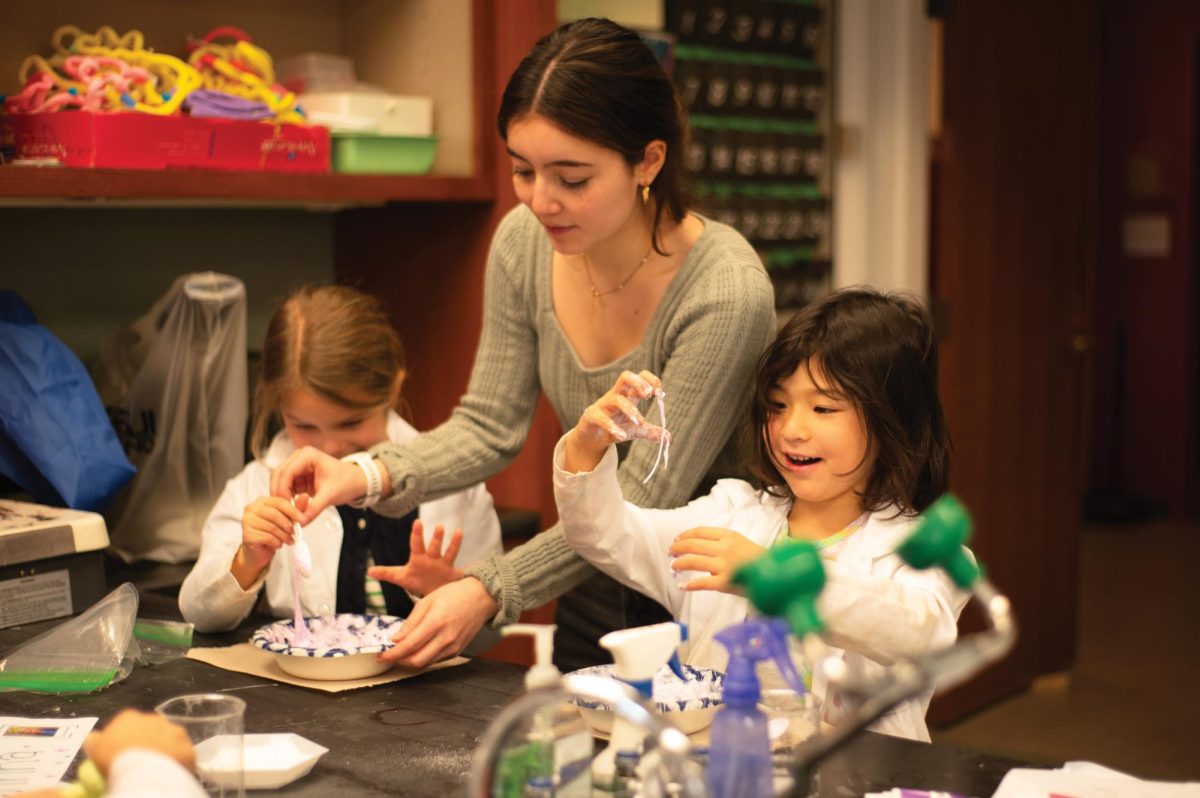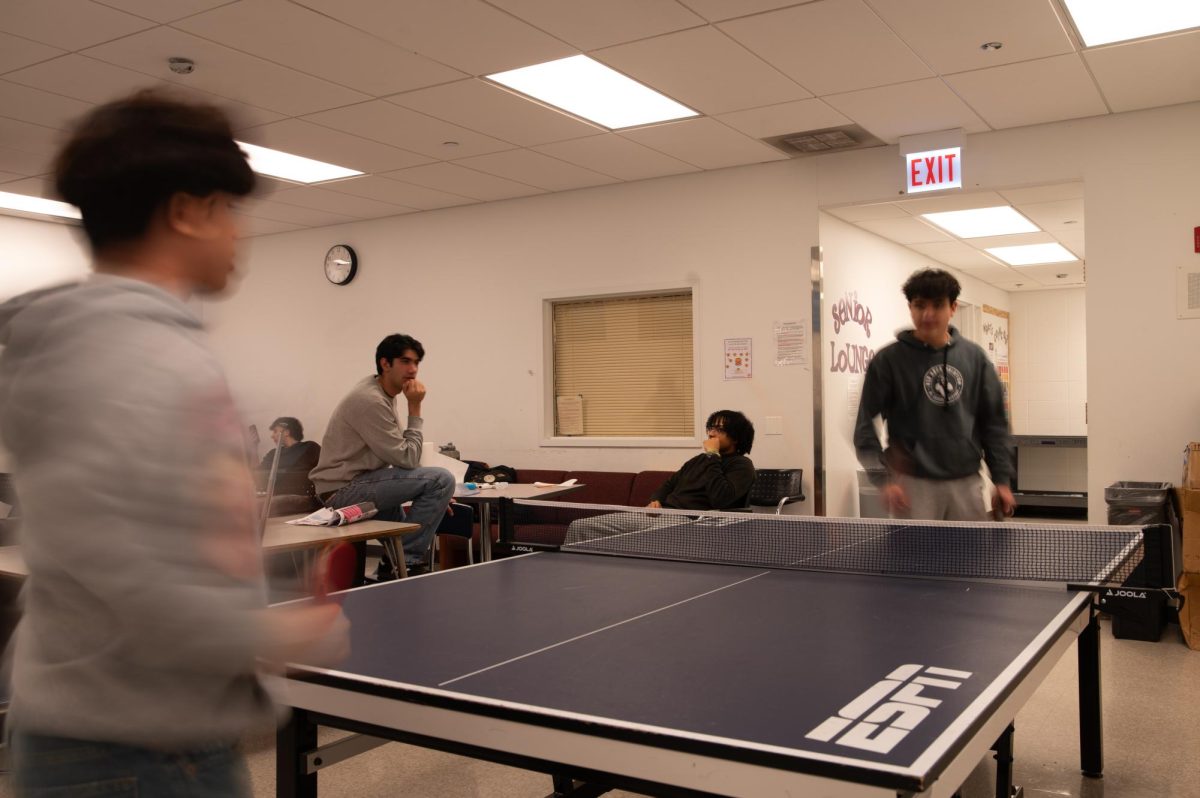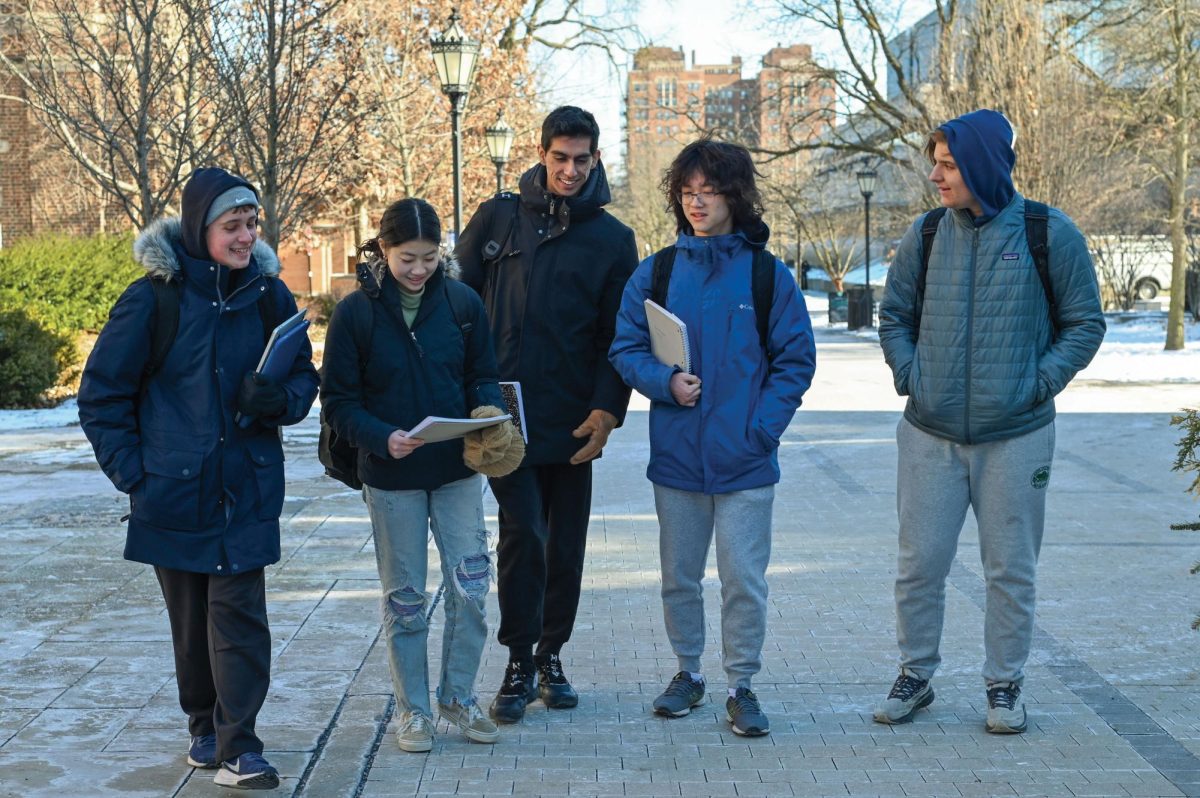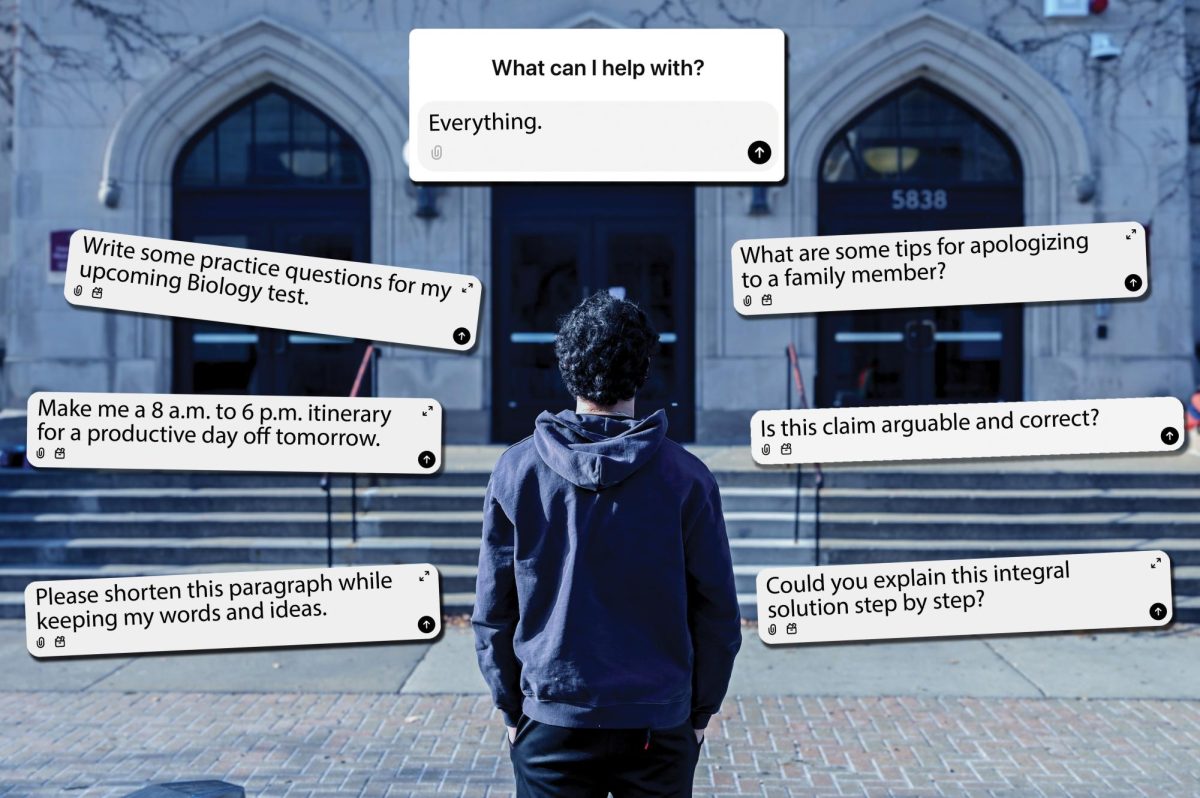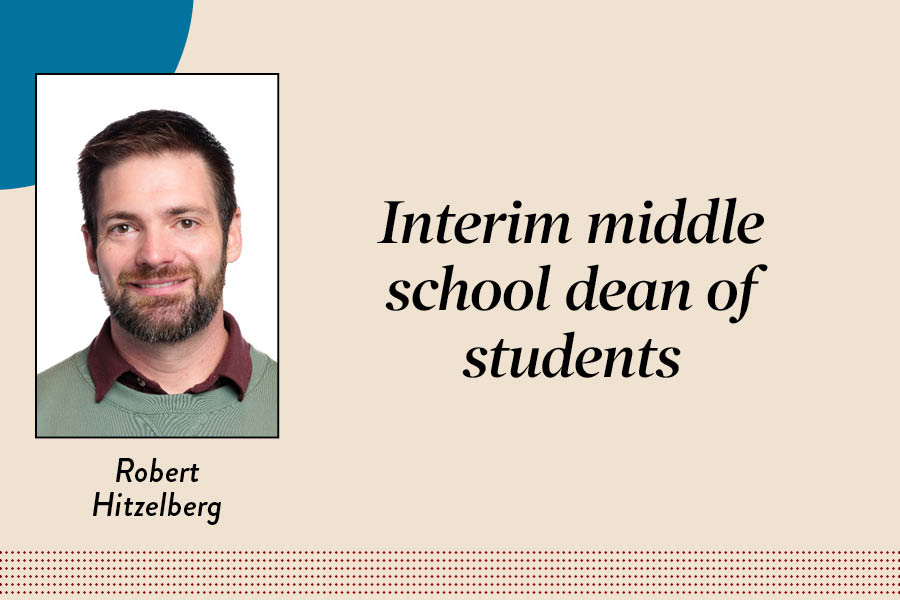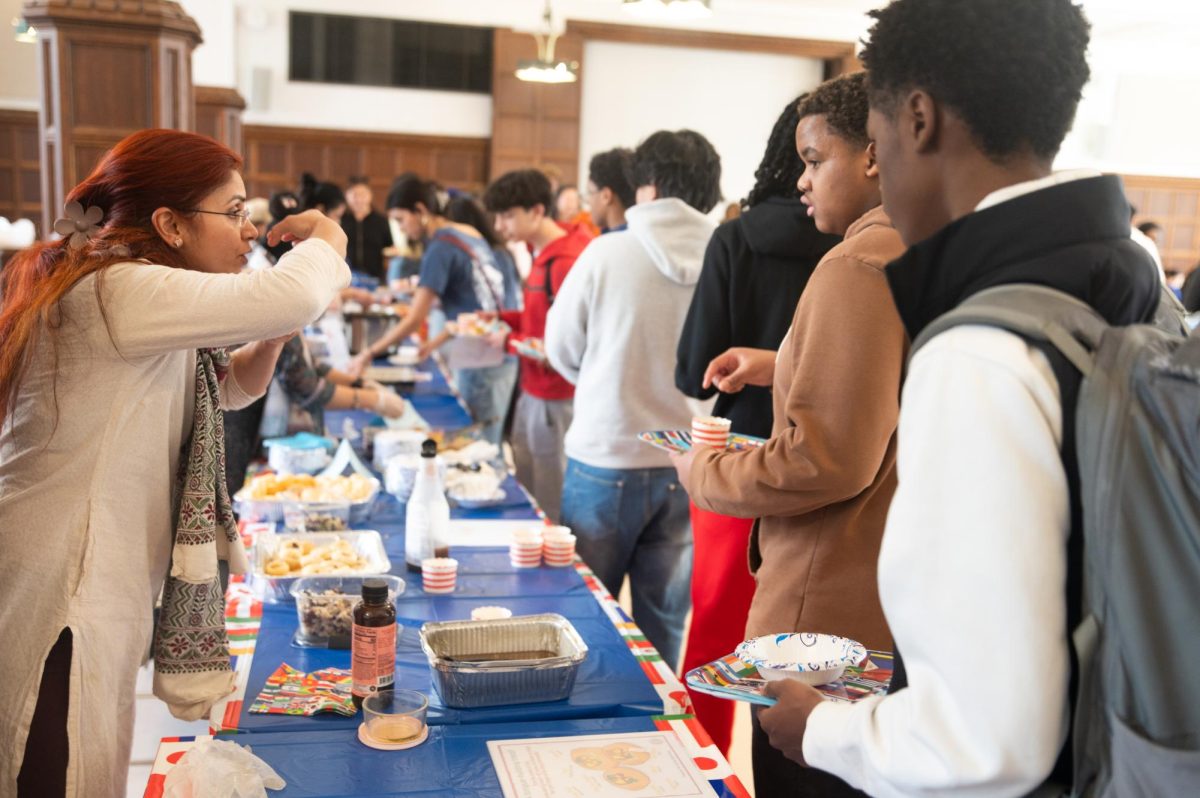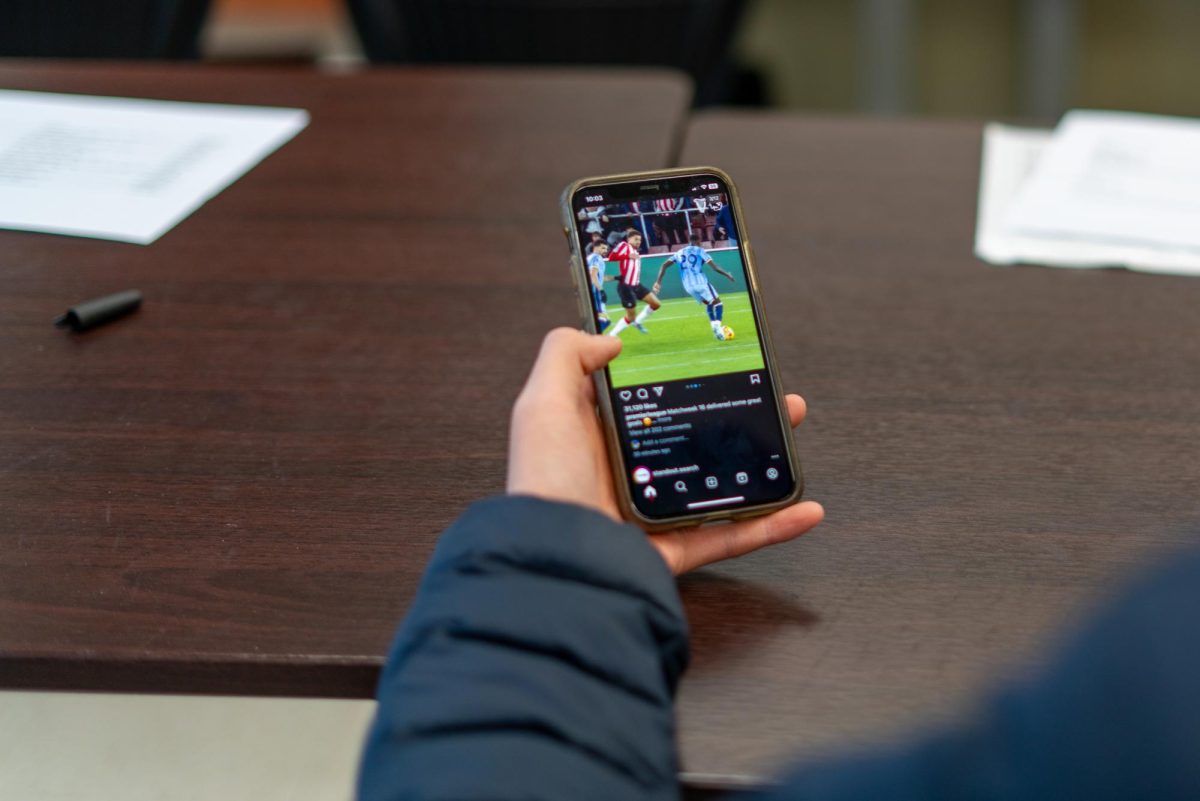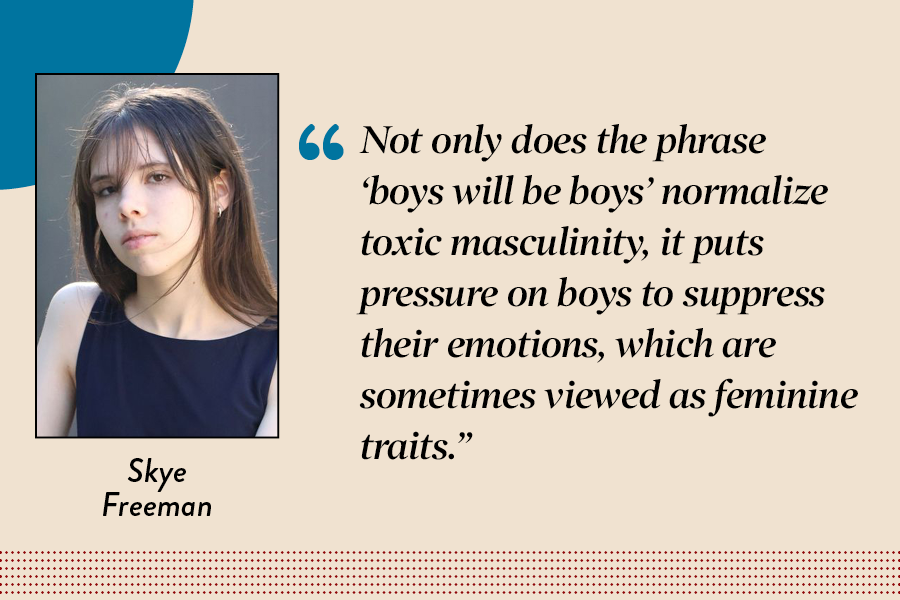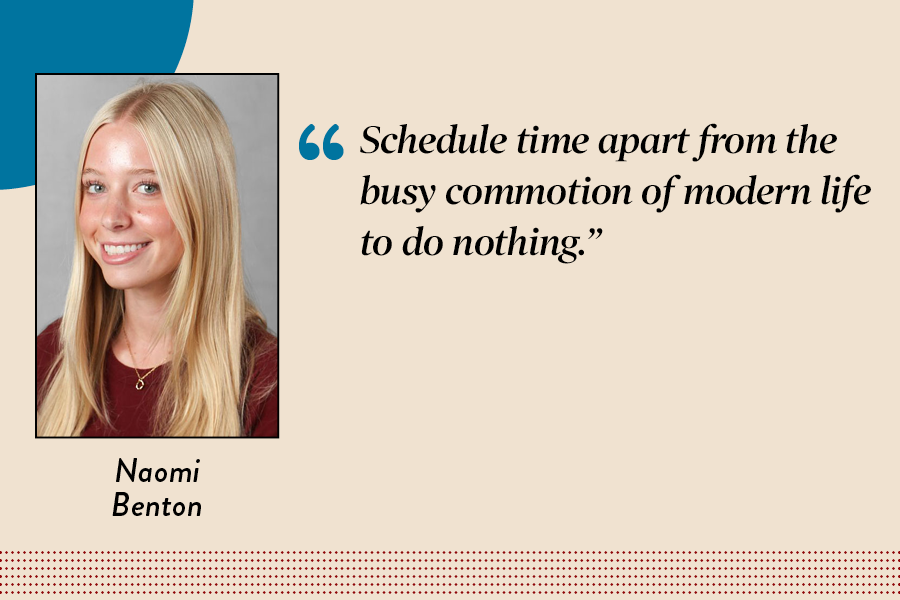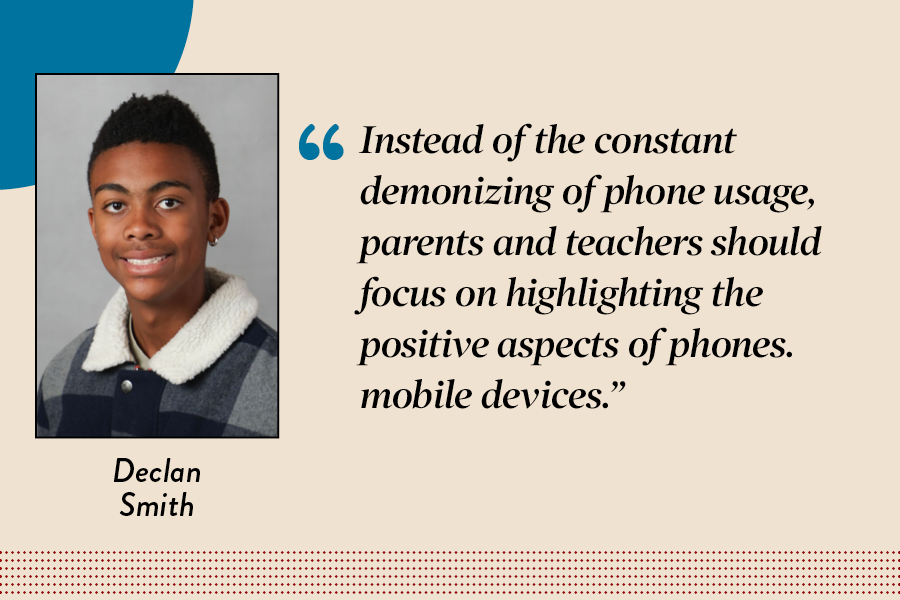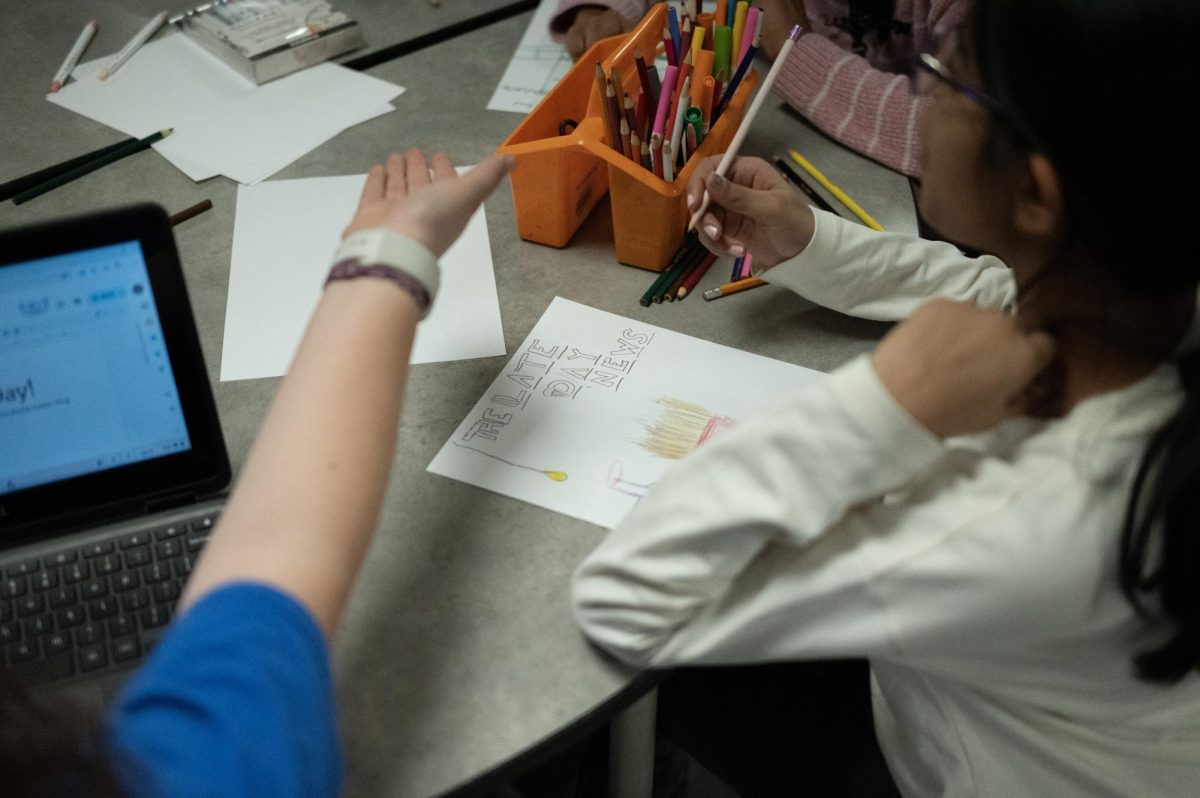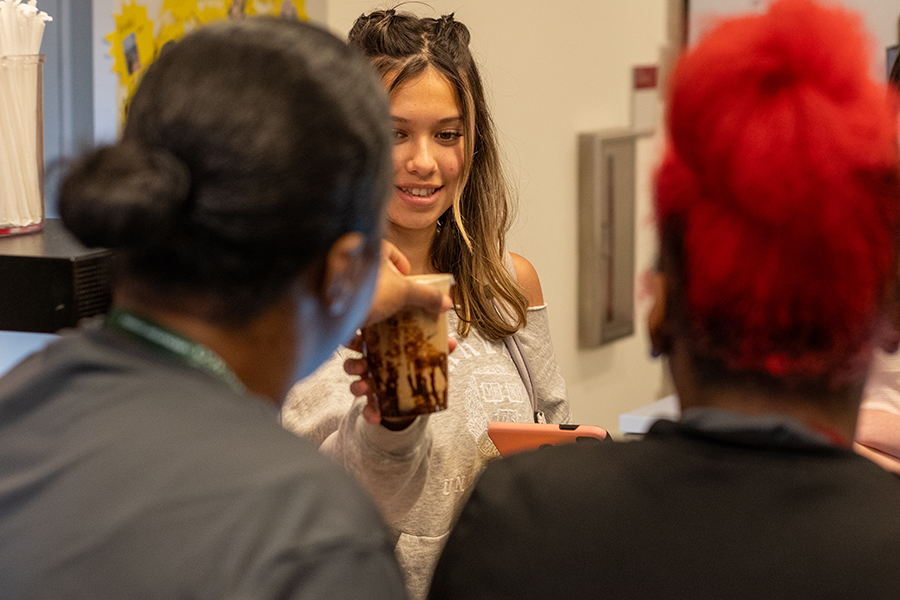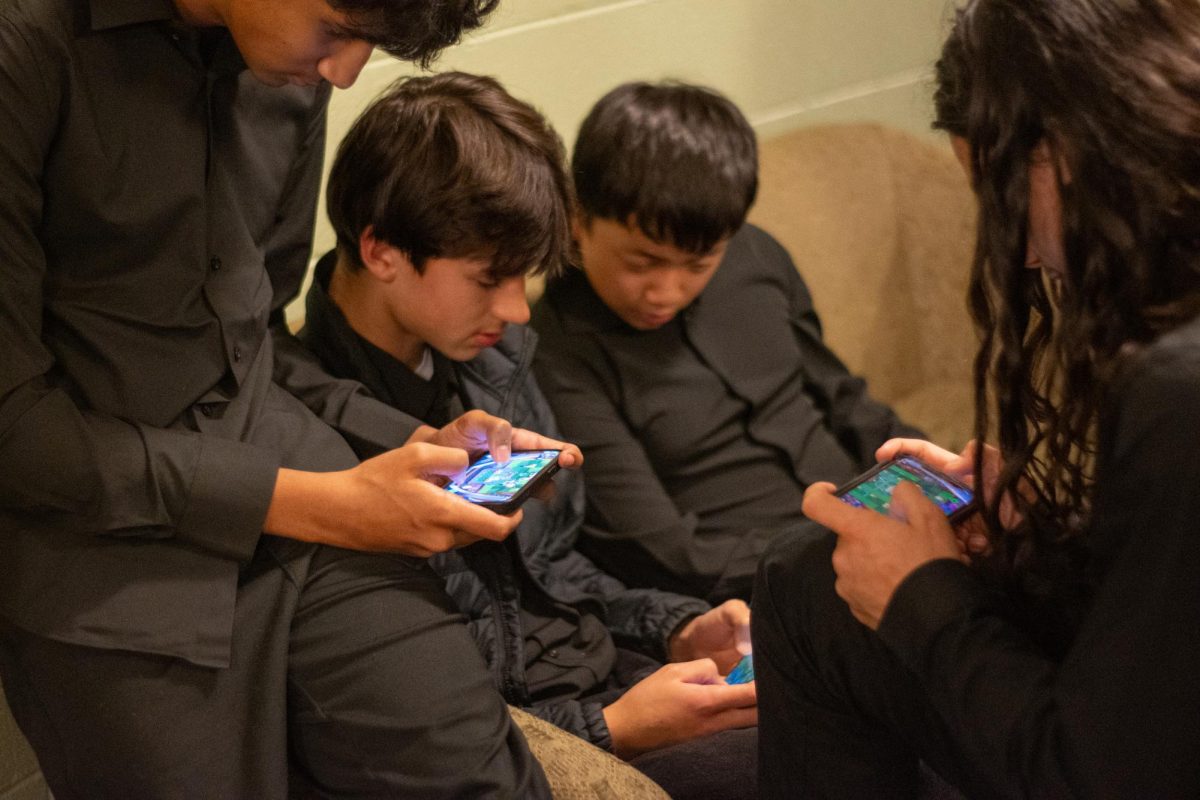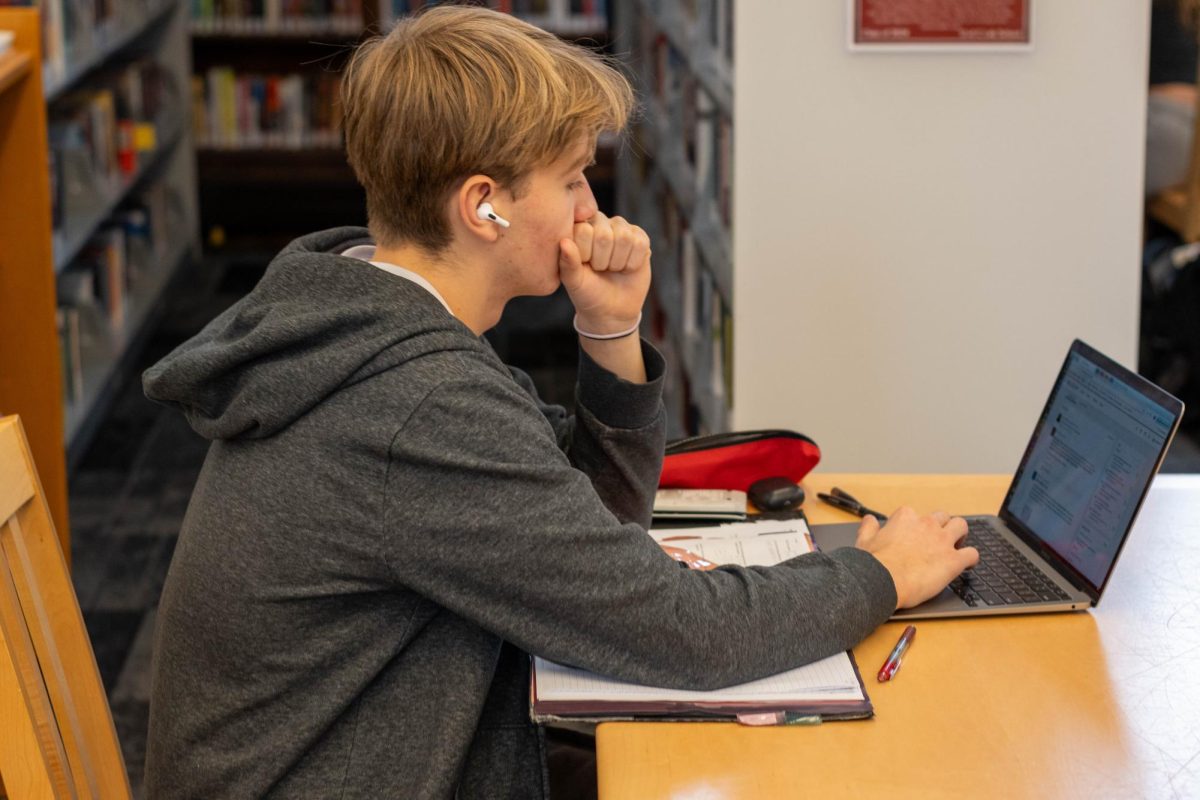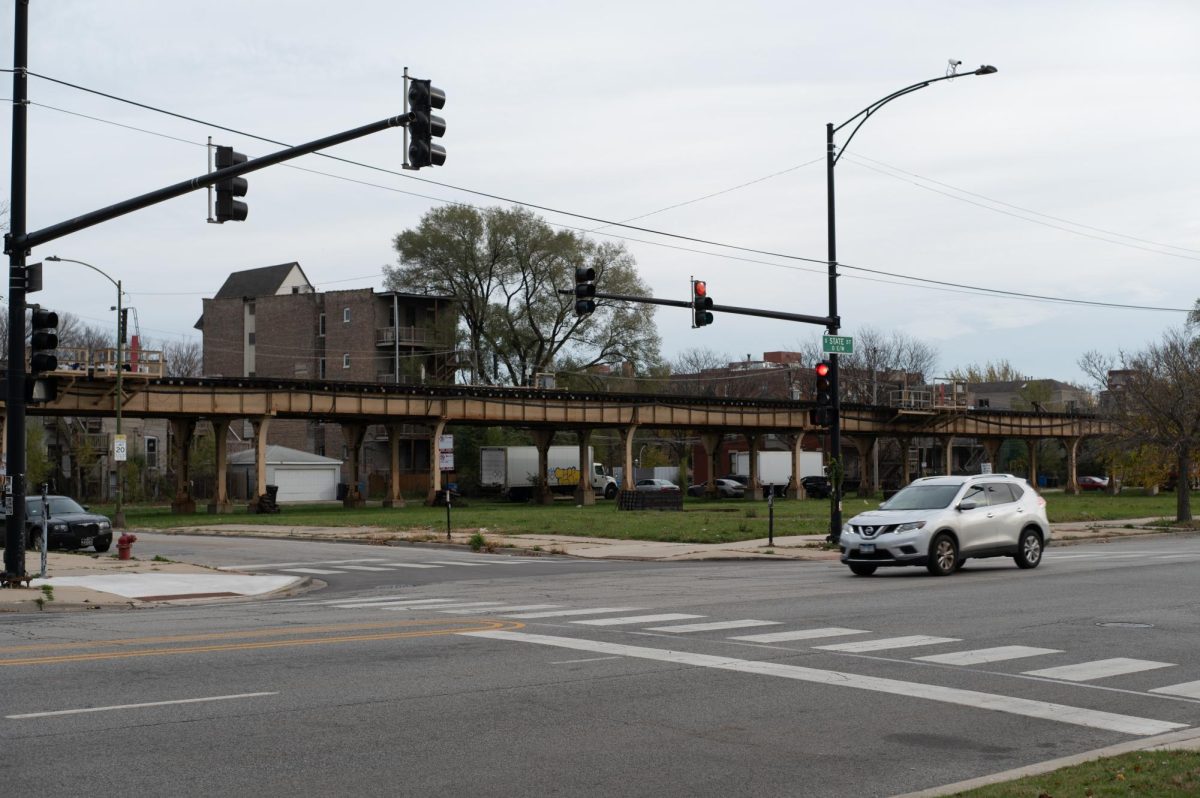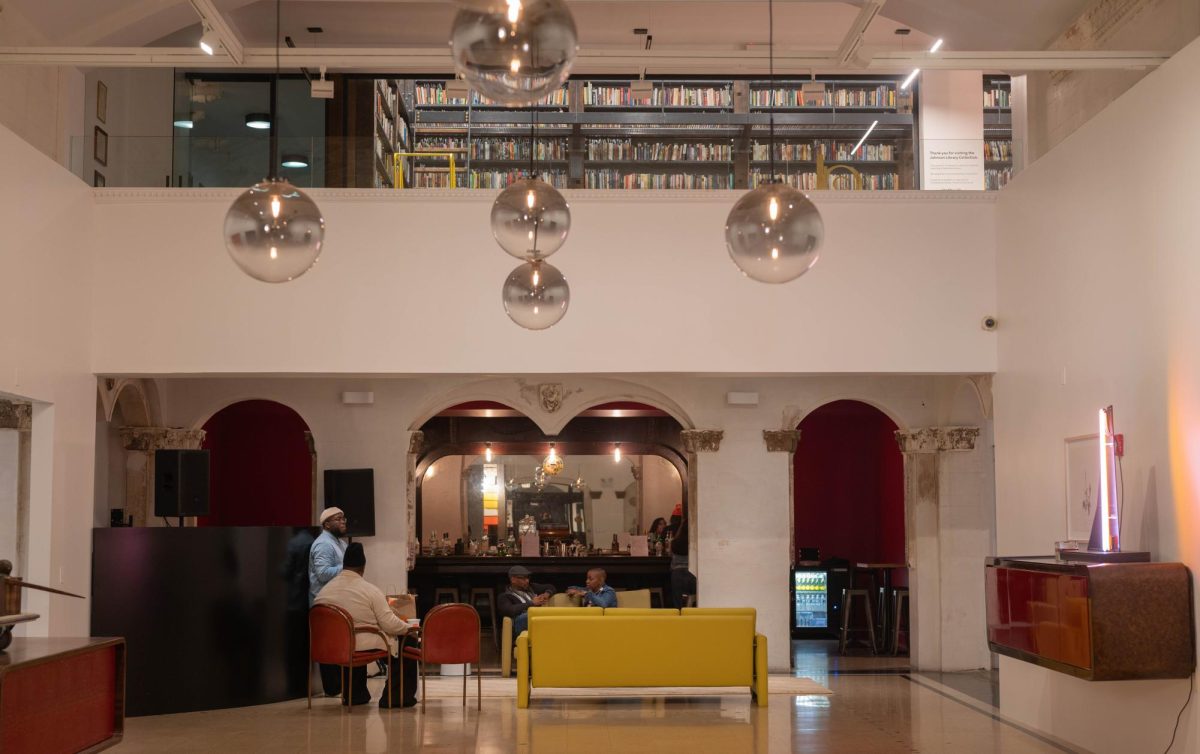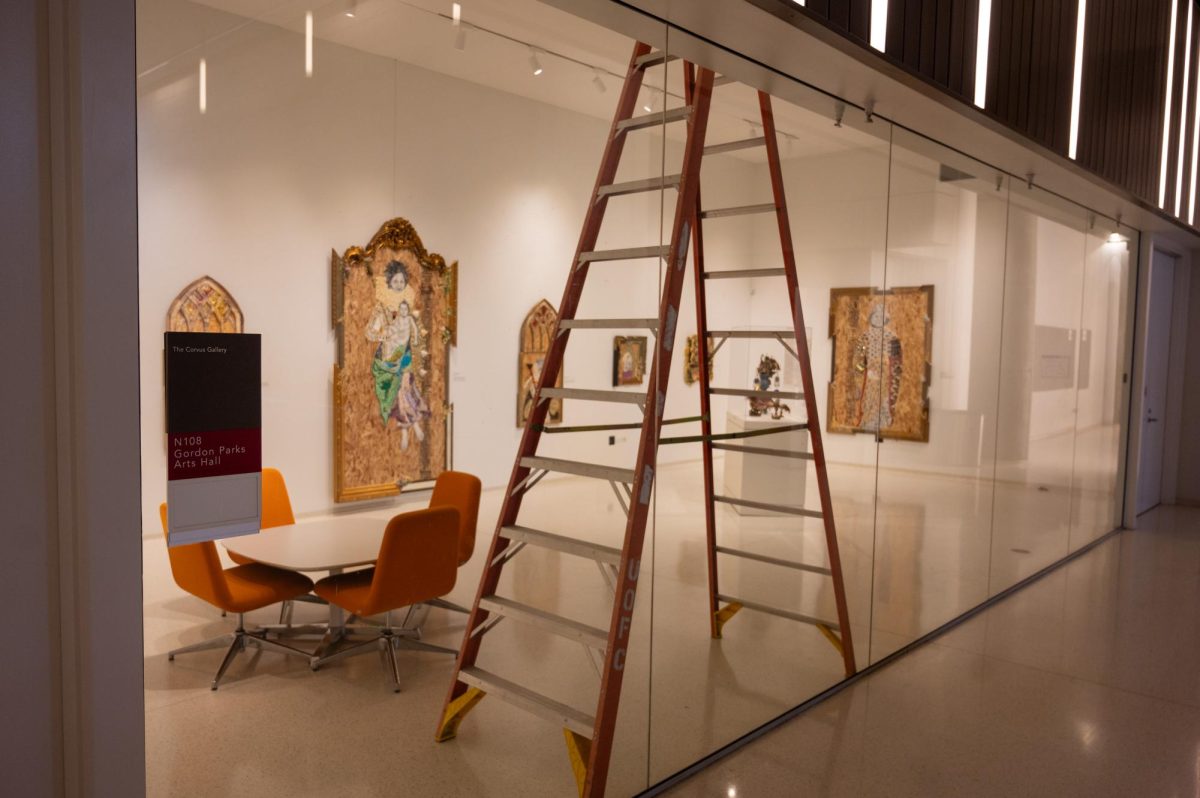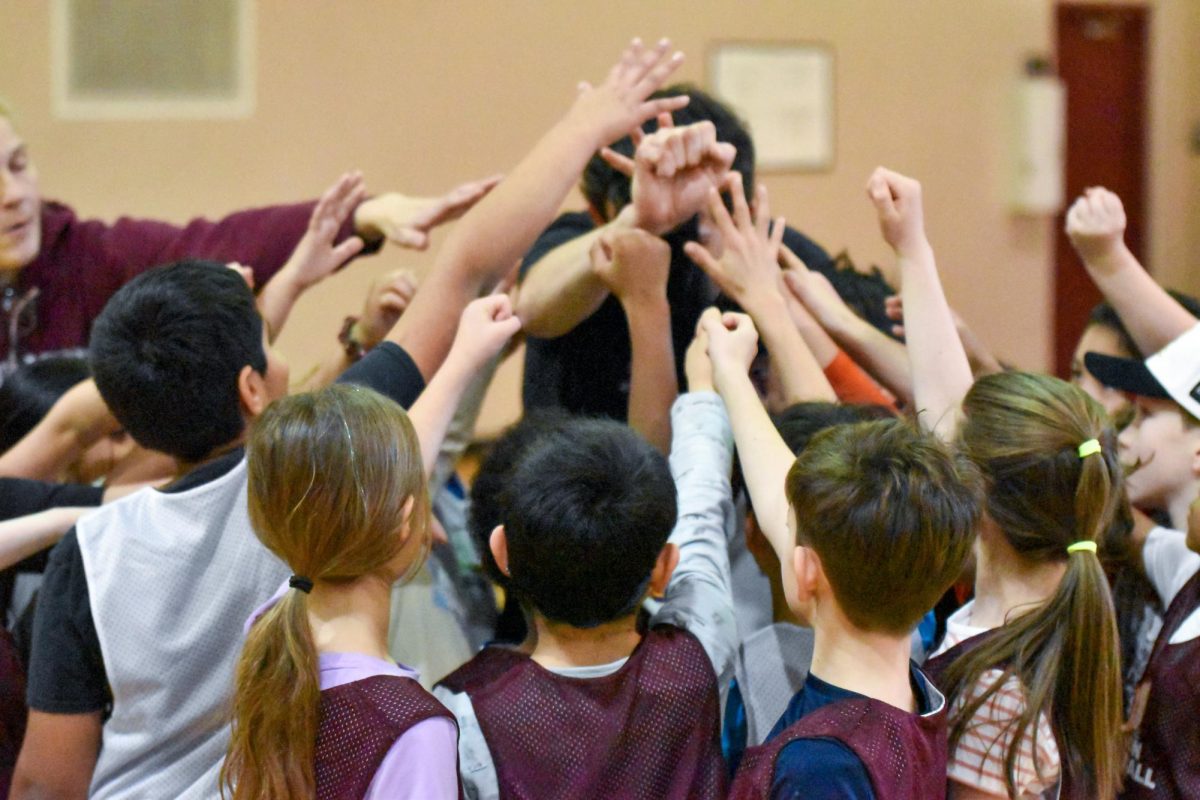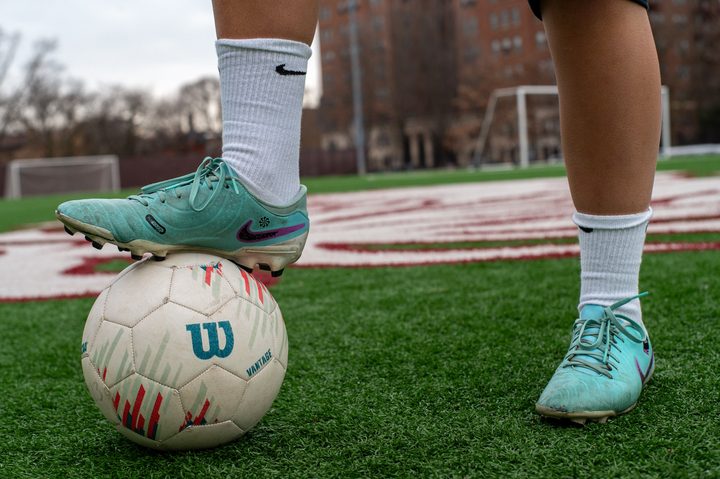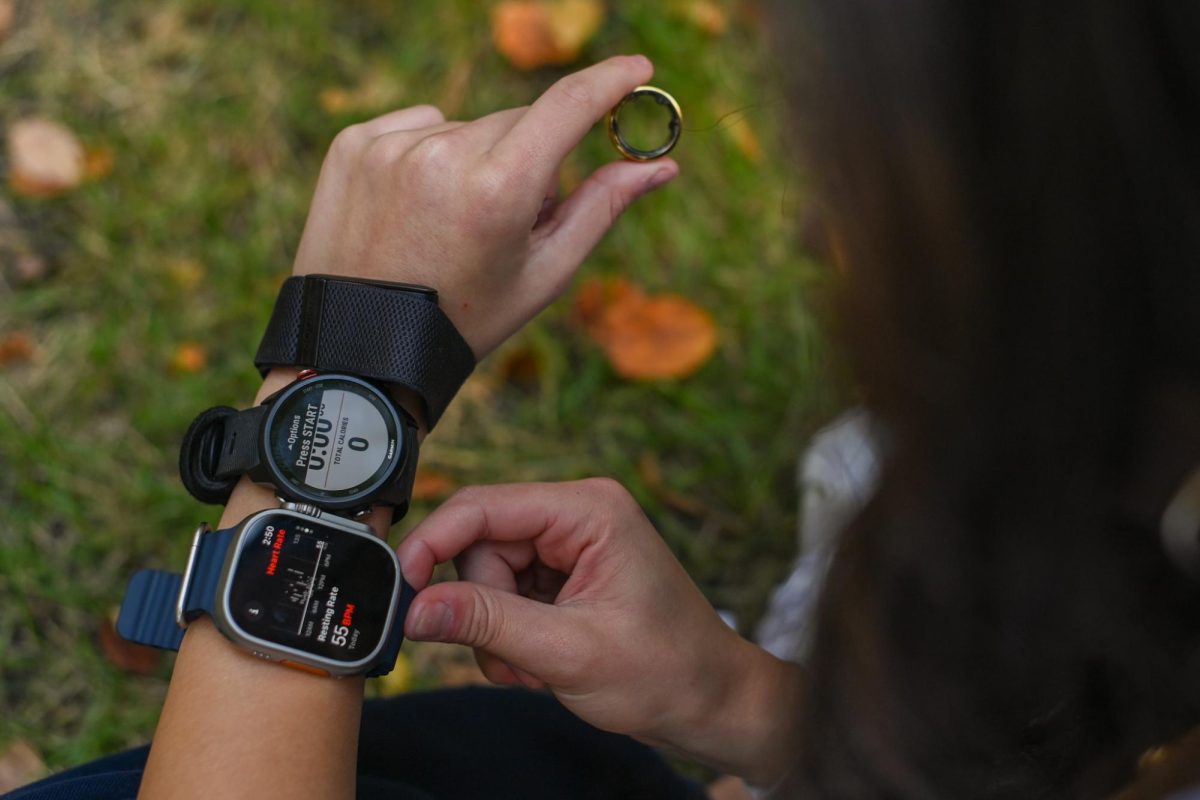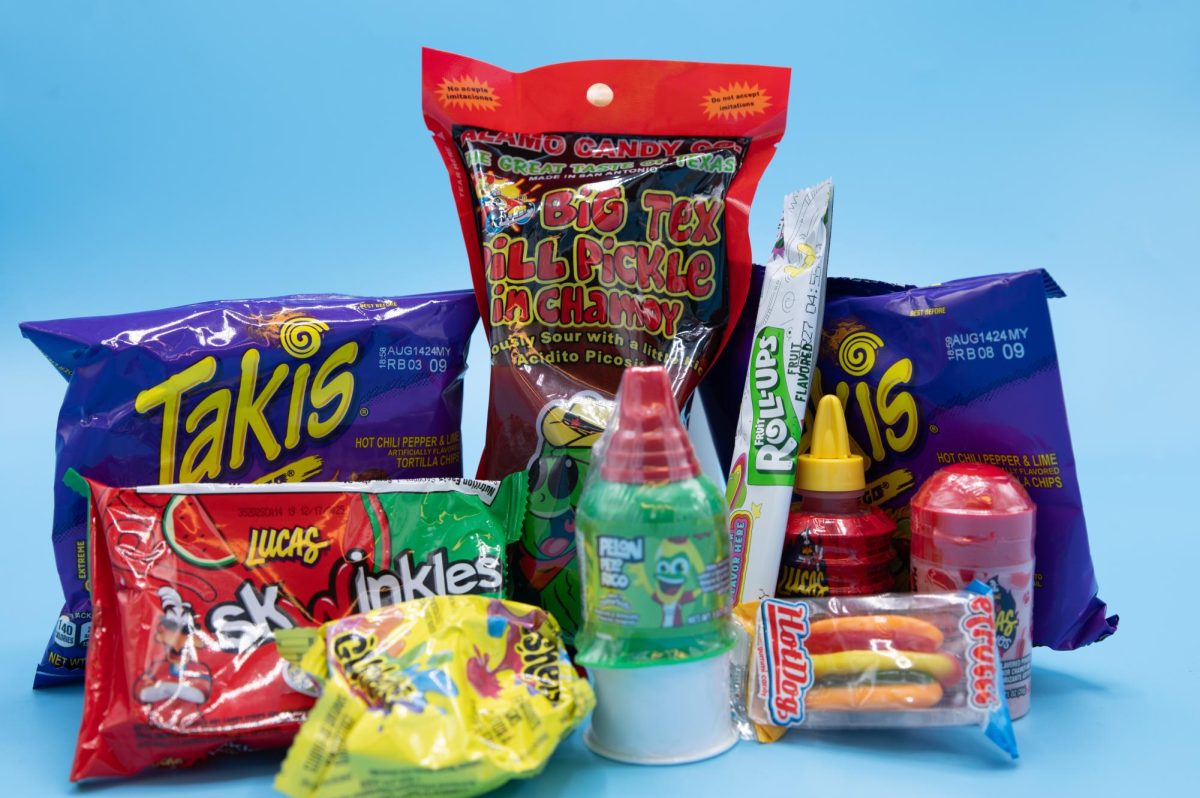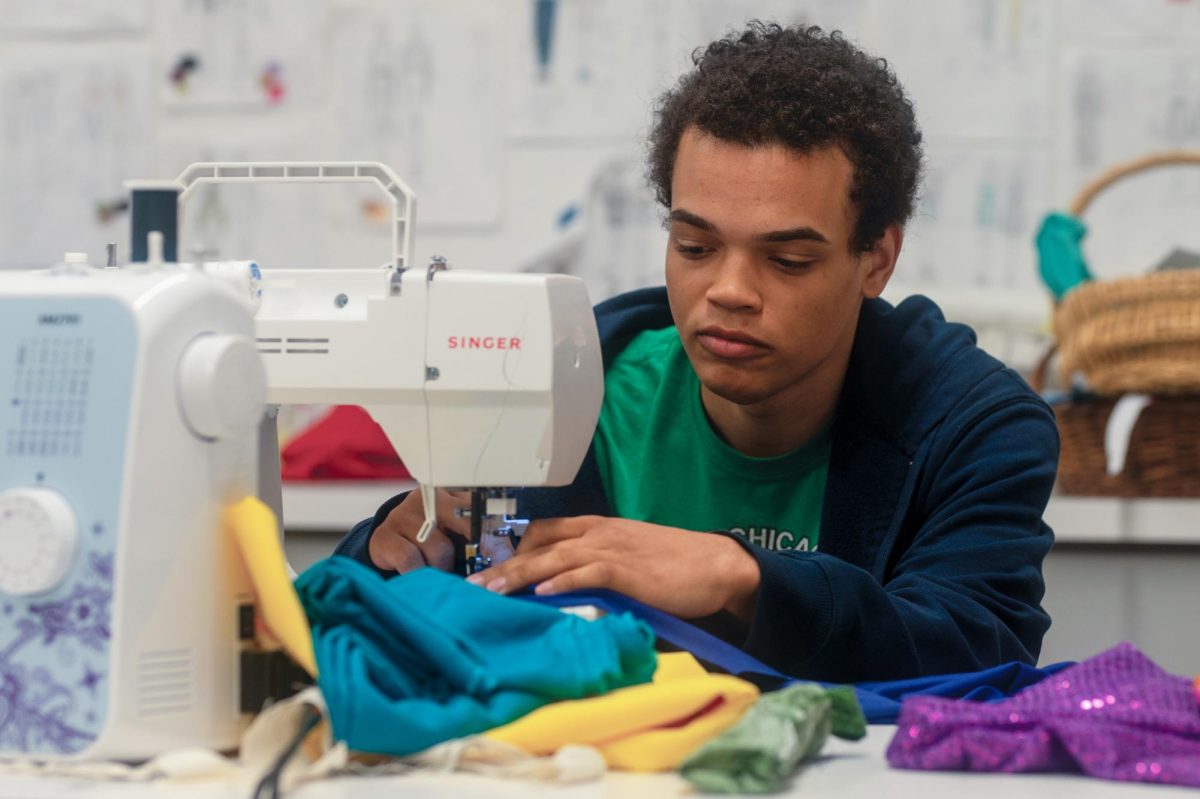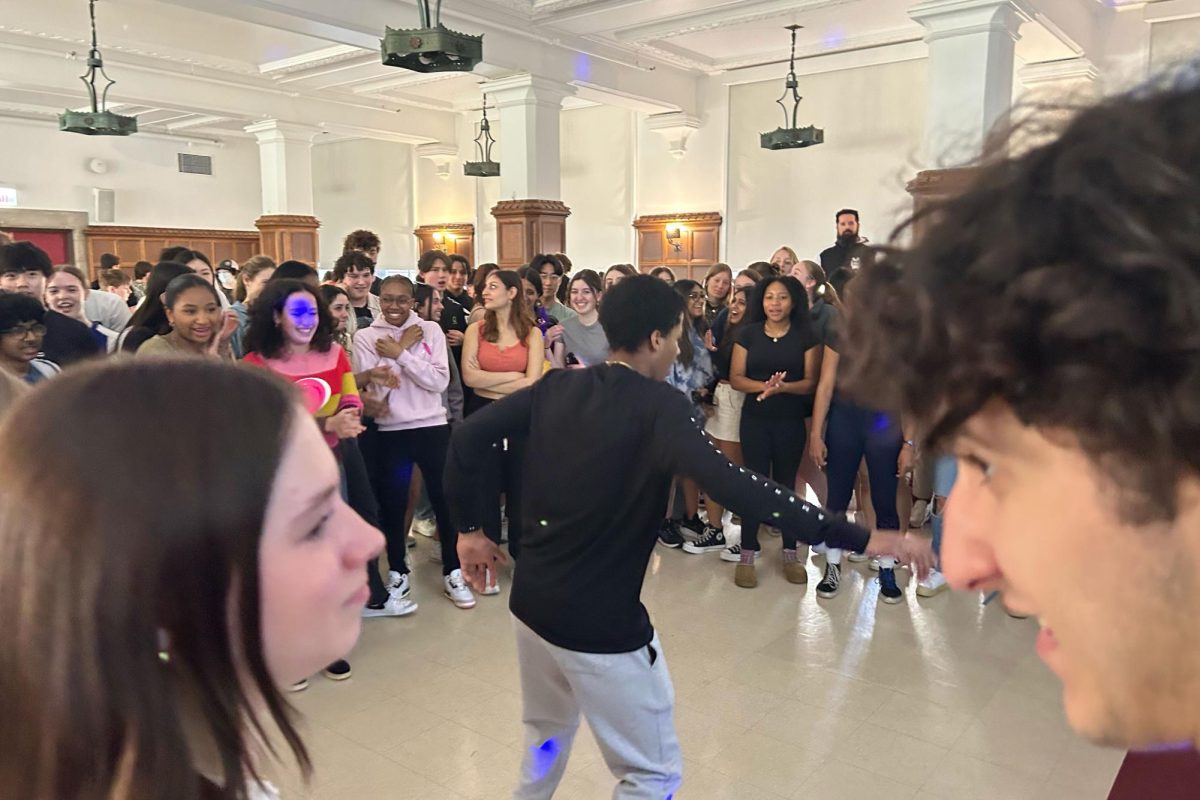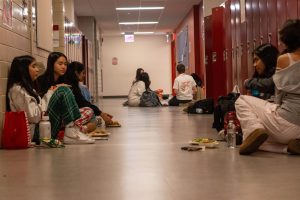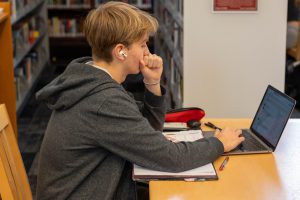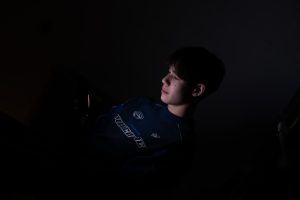Sky-high homework
Over 330 parents call for changes to workload
January 25, 2019
Last year’s health and wellness survey highlighted that 94 percent of students find school work to be their leading source of stress. In response, more than 330 parents have signed on to a call for the middle school and high school to make systemic changes to workload.
In an email to U-High department heads and administration, the Parents’ Committee on Health and Wellness noted that workload changes would address issues like stress, sleep loss, anxiety, depression, and drug use.

According to committee member Christian Leuz, a parent of a ninth grader and a seventh grader, the committee formed when middle school Principal Sandra Bixby asked a group of concerned parents to participate in meetings around stress and workload. Parents read about and discussed homework and stress as well as the experiences of peer schools. The committee realized that there was a strong case to revisit student workload at Lab.
The quality of homework and instruction is more important than quantity, according to Lauren Raphael, parent to students in 10th and eighth grades. She added that inundating students with homework would only detract from their health.
“They are stressed, they have anxiety and depression, they are getting ‘burned out’ with school. The health and wellness survey done last year shows that 81 percent of students are suffering from some form of anxiety,” Ms. Raphael said. “That is an astounding number.”
Additionally, Dr. Leuz noted that when his children started middle school, he saw major changes in their workloads.
“We felt that they had very little time to do other things and to enjoy their hobbies. With each grade, it became harder for them to get the necessary amount of sleep. They had to make some difficult choices in terms of their hobbies, and our weekends are often ruled by the kids’ homework schedules,” he said.
According to Dr. Leuz, one fewer hour of homework wouldn’t have a negative impact on academic success.
“It is very hard to believe that an hour more or less homework would make a major difference to the academic success of Lab students,” he said. “But an additional hour could make a big difference when it comes to a hobby, a sport or a past time.”
Dr. Leuz noted the parents committee is not against homework.
“We, too, want academic excellence,” he said. “In fact, our call emphasizes that, to us and based on the evidence we have seen, academic achievement and wellness are not in opposition, they go hand in hand.”
According to Dr. Leuz, the reaction from parents has been chiefly positive.
“We were surprised how quickly over 350 parents supported our call. This number is remarkable considering that we have not yet reached everybody and that many parents still have not heard about the signature campaign,” he said. “We were also very pleased to see that there are a number of parents who are also Lab teachers supporting our call.”
Ms. Raphael noted that teacher-parent communication often results in teachers being resistant to hearing feedback about the amount of time students spend at home on schoolwork.
“They tend to assume that students are distracted by phones and screens and music, whether they are or not. We cannot fix the problem unless teachers are willing and able to understand how much homework they are giving,” she said. “I would suggest some form of anonymous feedback loop where students can report on excessive homework without the risk of offending the teacher. Or students can set up a way in which they can evaluate their experiences in classes — much like students do in college.”
Science department chair Daniel Calleri, himself the parent of students in ninth and sixth grades, agreed teachers should consider the quantity of work assigned from the students’ perspective.
He added that homework is still necessary to maintain a relationship with class material. Dr. Calleri noted that singling out this one component of a student’s reality as the sole source of that student’s problems is not going to lead to successful outcomes.

